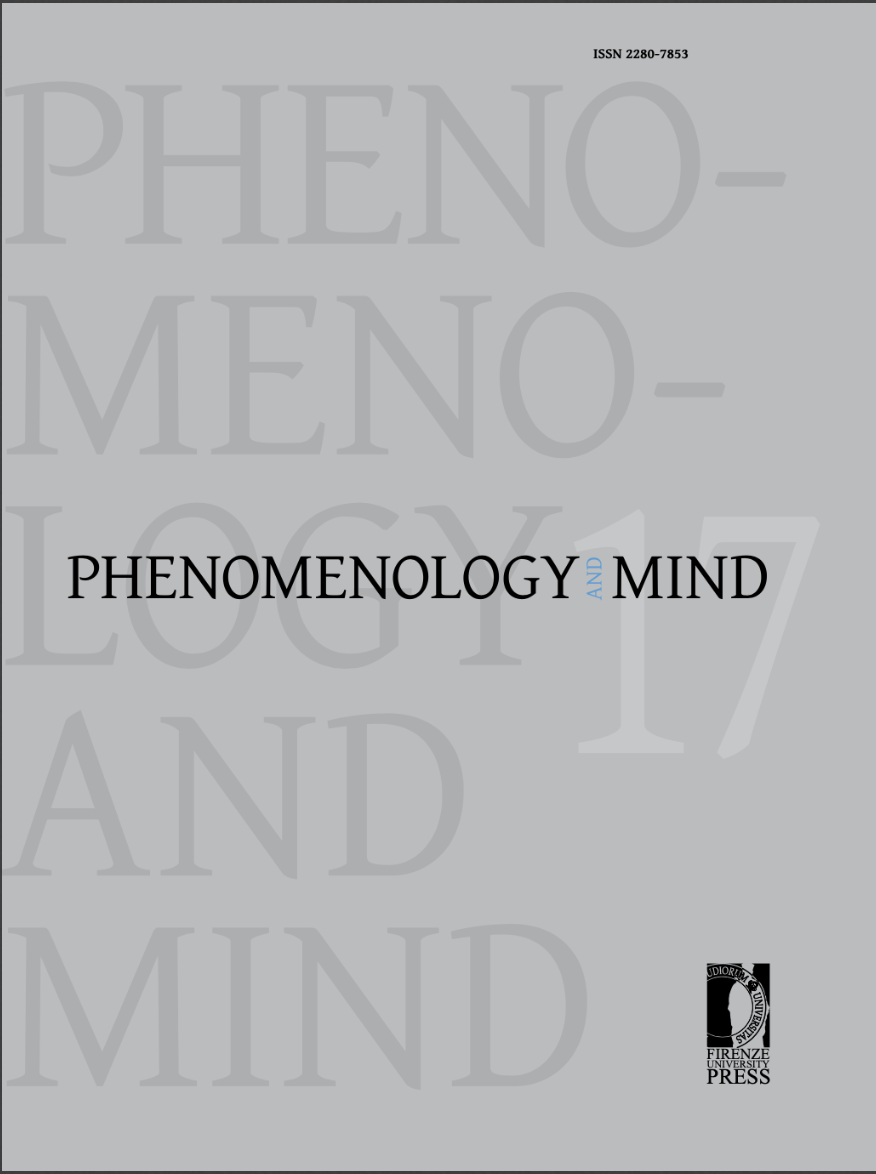Published 2015-12-22
Keywords
- Europe,
- Philosophy,
- Husserl,
- Enlightenment
How to Cite
Abstract
After World War II, the project of an European Political Union seems to have been developing in a quite opposite spirit to that in which a renowned master of thought such as Husserl in his famous 1935 Vienna Lecture had appealed to a “ Philosophical Europe” , while calling the “European humanity” to a “heroism of reason”, in order to prevent western rationalism from getting bogged down in objectivism and naturalism. There is a sharp contrast between this idealism and the realism of the pioneers of the European construction, a process dominated by economicism, functionalism, technocracy; a “cold” process par excellence, hardly capable of nourishing political passions, and even less likely to arouse philosophic enthusiasms. Yet what is at stake is the big post-national transformation, probably more important than the French Revolution was for its contemporaries. The very legacy of the Enlightenment’s main idea – the cosmo-political idea – is at stake behind the “coldness” of the transnational integration process. In this respect a normative approach to the European project sheds light on its philosophical dimension.

